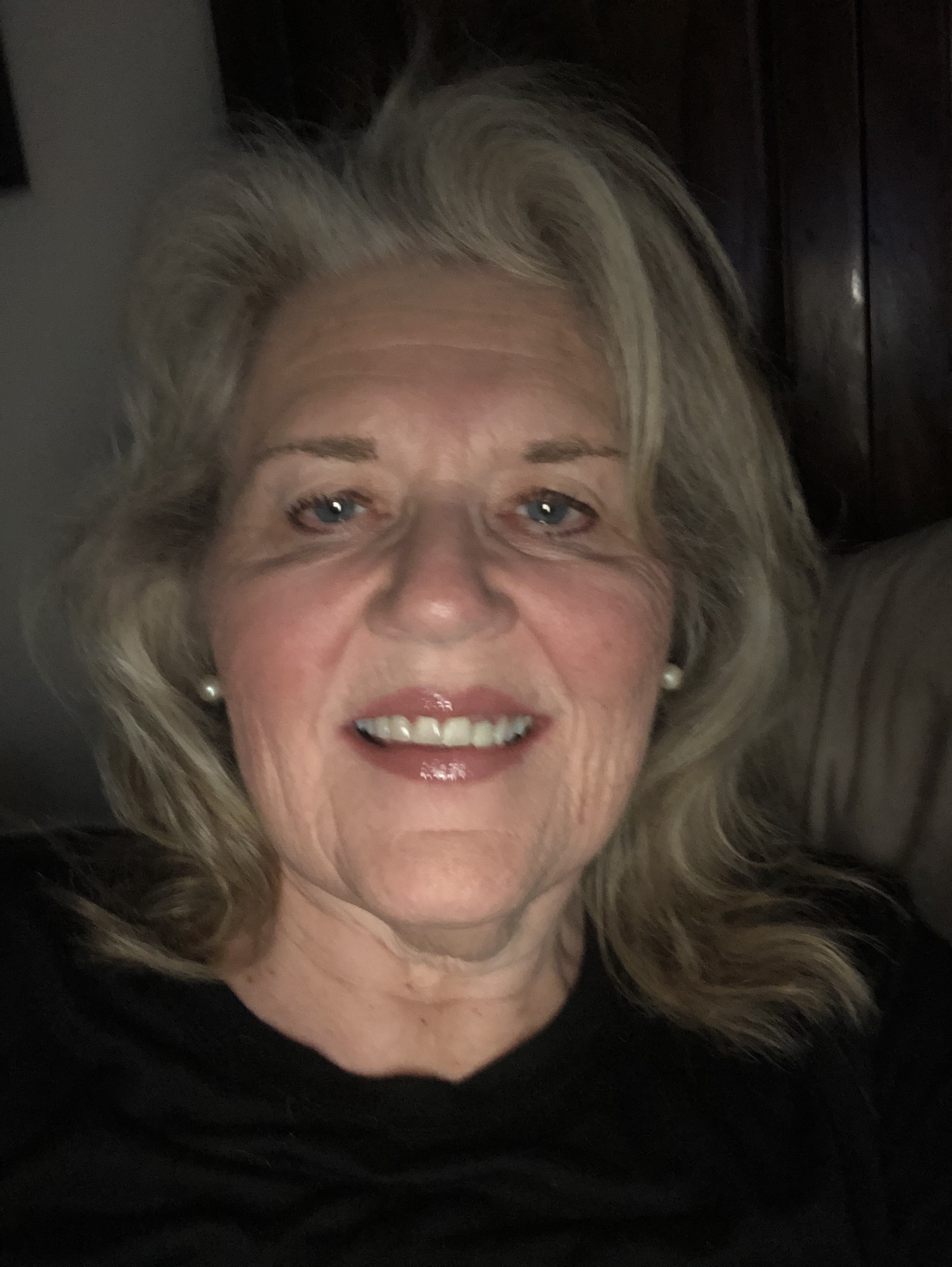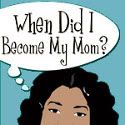Almost three decades ago I was sent to Mali to support a cross-ministry initiative to address girl’s education. After working with a team of high ranking government officials from three different ministries in the US, I was sent there to spend another month with them during the month of May.
It cannot be overstated that Mali in May is brutal. The temperature soars well into three digits (130+ degrees) and just breathing is a challenge that steals your energy nearly zapping any interest you may have in living! The slow transition from dry season to rainy season electrically charges the air while the ever present sweat enfolds your body like a heated blanket. Finally, at it’s phoenix–everything explodes, the skies open with a deluge of rain that transitions the Sahel from a dry parched dessert into a rainbow of acre upon acre of brightly colored blooms. Honestly, it’s a scene to behold and experience!
As the days plodded along each warmer than the other an offer of a change of pace making a day-long visit to several villages seemed like a godsend. Marian, an amazing woman frankly who was the deputy minister of women and children’s affairs–wanted me to go see some villages she’d been working in for the past five years on a CIDA-funded project. With the trip all arranged to visit four villages I headed off excited about my day’s agenda.
The last visit of the day, a village of about 3000 people, highlighted a discussion with me to advise them on how to start a primary school in their community–the final goal on their community development plan–without government funding. They had already established a local maternity and baby well clinic that was wildly successful. Since it’s inauguration not one mother or baby had been lost in childbirth. Birth weights had also increased and overall health in the village was significantly improved. The village also piloted experimental pit latrines with ventilation pipes, cement floors and privacy. It is with great joy that I can confirm they worked! They were clean, had no odor nor a swarm of flies circling around you as you did your thing. Impressive!!
My visit with them began with a 7-gun salute on the drive into the village to signal where we were on the road. As we entered the village I was welcomed with traditional male dancers. Most of the men wore brightly colored draping robes. Others only wore loin cloths with their bare skin painted in colorful geometric shapes. They were decked out in an assortment of garish masks some covered in tooled brass and feathers while still others sported a gauzy turban wrapped around their heads. All of them were on stilts at least 6 feet tall. The lead dancer wore a heavy burlap cape completely covered with black feathers who beckoned us to come closer waving us towards chairs in the center of a clearing. Their costumes and dancing were mesmerizing yet tinged with trepidation. The dancing was powerful and rapid. The music was loud and discordant. The heat was oppressive.
An older woman grabbed my hand and led me to the row of chairs facing the villagers. I was seated at the far end while village elders, Marian and several designated village women who managed the community project filled out the remaining chairs.
We watched more dancing some on stilts while others were more gymnastic like highlighting the men’s ripped bodies, strength and agility. One particularly dynamic dancer was a young man dressed only in a loin cloth who squeezed a drum between his legs in a ceremonial dance meant to showcase his virility. He gyrated around not more than a foot from our seats muscles bulging as he beat his drum. It could have been my imagination but I could swear it actually got hotter as he danced.
When the dancing ended the village rapporteur amused the crowd regaling them with all kinds of sage advice and stories of the work they were undertaking—things they knew already but spiced with the wit of their rapporteur which made the well-known stories seem new and exciting. After the ceremony in which I was overwhelmed with a host of gifts–cigarettes, avocadoes, papayas, eggs, and betel nuts highly prized for their hallucinogenic properties–those of us sitting in the half circle of chairs took part in the customary ritual in which they passed a cup of incredibly thick potent tea. The person at the far end of the line of chairs took a sip and then passed the cup to the person sitting to his right who took a sip and then passed it on to the next person. It was with a bit of foreboding when the cup finally got to me that I gingerly took my sip from the shared cup. With the formal festivities over, the women leaders guided Marian and me on a lengthy tour of their village proudly showcasing their recently built maternity ward, well-baby clinic and latrines.
At the close of our village tour we were led to a table groaning under the weight of the bounty of food they prepared for the guests. I’m a vegetarian–had been for nearly three decades–and it was particularly challenging for me as they put first one, then another and eventually a third piece of chicken on my plate. No way would I offend them by refusing their hospitality because I didn’t want to eat their chicken. So, I ate it (and not only the memory stayed with me for a full three days!)
It was one scrumptious dish after scrumptious dish until we were nearly bloated from all we had eaten. After the weighty meal, Marian and I were taken to the chief’s hut where he waited to greet us. Women were generally banned from entering his inner sanctum where all the village decision making takes place. We were surprised when tradition was shunned and we were told to enter the most holy of places. Also, contrary to local custom, the chief insisted we leave on our shoes–a tremendous respect bestowed upon us. However, lest you misunderstand–all the pomp and circumstance was really for Marian. She was the visitor who had earned their respect and gratitude.
When our chat ended the chief waved his hand towards a sheep being led into the room. It was a gift for the toubab (white person) visiting their village. A sheep! What was I going to do with a sheep–I was in a hotel? I did NOT want that sheep. First off, that sheep represented a major piece of community equity. Although the village seemed prosperous enough, nonetheless, despite not being rich my personal wealth compared to their collective wealth just made it totally unacceptable. There was just no way I could accept such a valuable gift. I must also confess the thought of a three-hour drive back to Bamako squeezed into a hot car already full to capacity with people plus a sheep was overwhelming. A smelly sheep in a steamy hot land rover pounding and bouncing over the pot-holed roads? No way!
My mind raced as I considered how I could politely refuse his gift. I profusely thanked him for his very generous offer. I told him I wanted to honor him and his villagers for all the extraordinary work they had done to improve the well- being of the women and children in their village. I told him wanted to gift back their valuable gift. I asked him to host a celebration soiree and eat this sheep in their feast. He nodded his graying head in approval between puffs from his shisha urn accepting my offer repeating “C’est bon. C’est bon.” This is good. This is good.
When our meeting with the chief finished the sun was lowering in the sky but the heat still radiated in waves from the parched earth. We trudged back to the clearing where the villagers waited. On our walk back, Marian pulled me aside and nonchalantly told me “Uh Diane the villagers are waiting for you to dance for them.” I gasped “WHAT? I DON’T DANCE. I HAVE NEVER DANCED. I DON’T KNOW HOW TO DANCE.” Brushing off my vehement protests she said, “You must. They are all waiting for you.” With that she pushed me forward and the expectant crowd encircling the clearing opened up for me to watch me dance.
I looked around at the men, women and children waiting in high anticipation to see the toubab do her solo act. The lead dancer placed the heavy HOT black cape over my already sweaty shoulders and placed the garish mask atop my head. I was fully aware of how ludicrous I must have looked. In unison the drums beat, a man strummed on a local string instrument called a Kora made out of a calabash and the women chanted in rhythm to the drums. And they waited.
Feeling totally out of place and embarrassed to the core, I lifted one foot and then the other slowly. I made my way around the clearing and after what seemed like an eternity of me clumsily plodding in front of them, I grabbed the nearest elderly lady and then another and pulled them into the circle to dance with me. Almost immediately after I pulled them into this celebration with me, first all the women and then the children swaying in step to the music beating loudly joined the circle alongside us in our celebration of women dance.
Sweat ran down my back and legs as the dying sun beat down on me making me woozy and parched. After a few minute, I carefully made my way to the sole baobab tree in the village in hopes of a bit of shade where a wrinkled elder was also taking advantage of the shade. Eventually I stood at his side leaning against the mammoth . He stared at me but said nothing. Finally after minutes of intense scrutiny he said “You danced.”
I nodded my head in agreement and responded, “Yeah, I danced but not very well.” Again, he steadily and silently gazed at me for a few moments and then very slightly nodded his head in agreement, “This is true. But you danced.”
It was like a lightning bolt struck the ground beneath me. In those few words he said everything. “But you danced“. It was an epiphany moment–and something that’s guided me for decades. My simple act of dancing even poorly did more to cross our cultural divide than all the talking I could have done. That remote village embraced me in something that was important in their life and culture. I feebly grabbed what they offered. Not very well mind you but that really didn’t matter.
I have contemplated that simple exchange for a long time and the longer I do this work, the more I appreciate it’s the simple things like that that we do which makes a huge difference in our ability to work together. Frankly, it’s often less about our technical capacity and skills we bring to the discussion about opening schools or taking care of babies and more about making the simple steps (dancing or otherwise) to meet them on their turf and then share what we know.
That moment, that experience was made all the more meaningful with something that happened on the drive back to town. The rains came and the desert bloomed.













You must be logged in to post a comment.